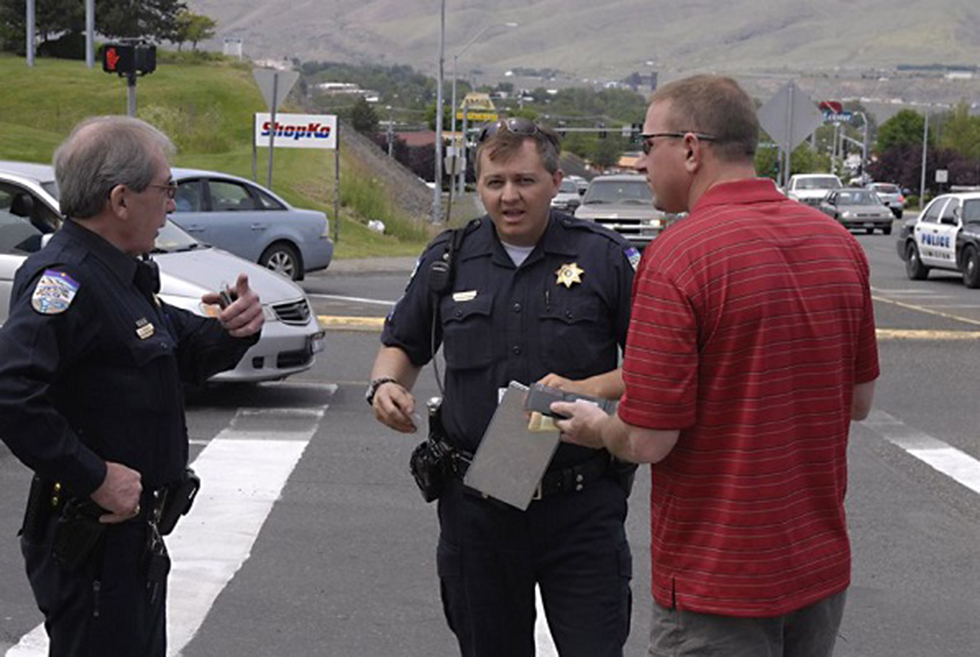When Donald Trump became president, his administration made it a priority to crack down on illegal immigration and detain undocumented immigrants currently in the country. In his first eight months in office, arrests by Immigration and Customs Enforcement (ICE) agents have increased by 40 percent, according to reports.
Under the Trump Administration, ICE agents have identified courthouses as safe places to arrest undocumented immigrants. In an effort to stop this practice and encourage undocumented immigrants to appear in court, California recently passed a law that protects undocumented immigrants when appearing in court.
Senate Bill 785 Approved by Governor Jerry Brown
Authored by Senator Scott Wiener and Assemblymembers Lorena Gonzalez Fletcher and David Chiu, Senate Bill 785 prohibits the immigration status of any witness, defendant or victim from being discussed in open court unless it is relevant to the case.
The bill’s authors say that having to disclose one’s immigration status in court discourages witnesses and victims of crimes from coming forward and defendants from showing up for their court appearances.
“Our courthouses should be places of justice, not places where immigrants are threatened with deportation,” said Wiener. “I want to thank Governor Brown for signing the bill and recognizing that actual public safety is served by everyone feeling safe coming forward to testify in court.”
The law took effect immediately after Governor Brown signed the bill. It was passed as an urgency measure, which means only two-thirds approval by the state legislature was required to pass it. However, this also means that the law can only remain in place through 2022, unless it is reauthorized before it expires.
Can You Still Bring Up Immigration Status in California Court?
It is important to note that this law allows for a person’s immigration status to be revealed in open court if it is relevant to the case. So, how do you know if it is relevant in your case?
The judge presiding over the case will determine if the immigration status of the victim, defendant or witness is relevant and thus admissible in open court. In order for the person’s immigration status to be discussed in court, a lawyer representing either party in the case must request a private hearing with the judge. At the private hearing, it will be up to that lawyer to show the judge that the person’s immigration status is relevant.
Contact the Criminal Defense Attorneys at Wallin & Klarich Today
Being accused of a crime can be frightening, and it may be especially frightening if you are an undocumented immigrant. In the current political climate, the threat of deportation is very real. That is why you should contact an experienced criminal defense attorney immediately if you or someone you love has been accused of a crime.
Our law firm has more than 35 years of experience successfully defending clients facing criminal charges. With offices in Orange County, Riverside, San Bernardino, Victorville, West Covina, Torrance, Los Angeles and San Diego, our skilled and knowledgeable criminal defense attorneys are available to help you no matter where you work or live.
Contact our office today at (888) 280-6839 for a free phone consultation. We will be there when you call.



